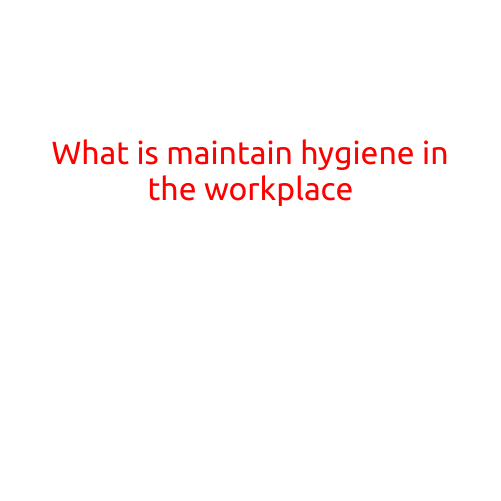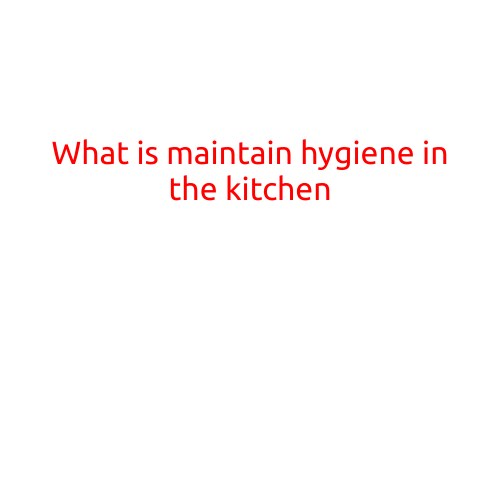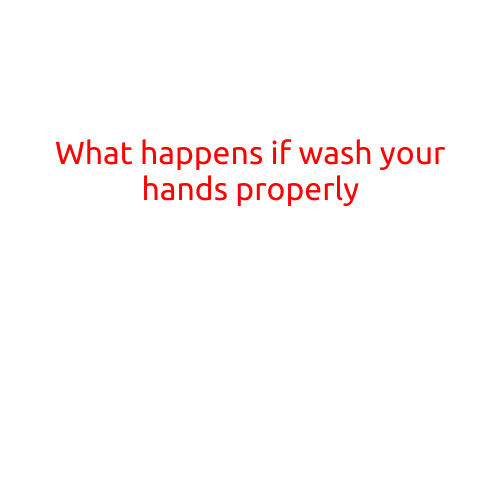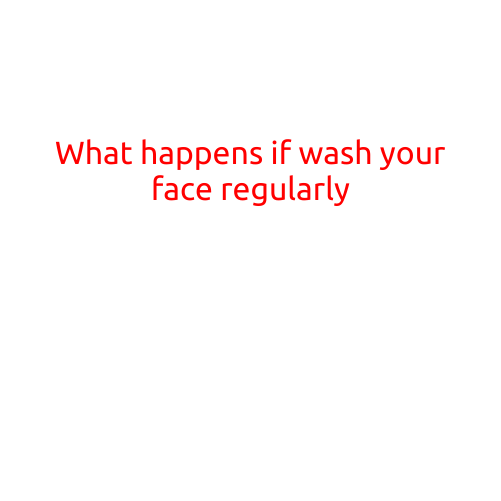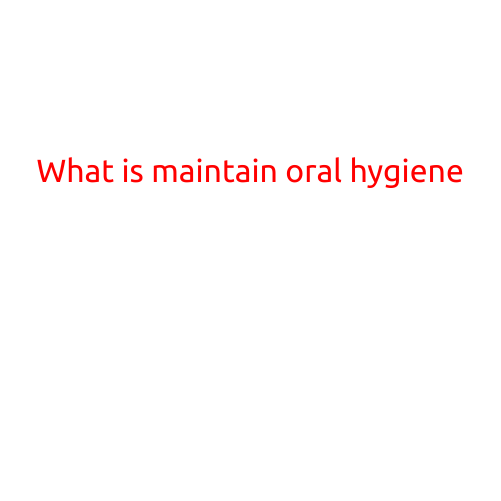
What is Maintain Oral Hygiene?
Good oral hygiene is essential for maintaining a healthy mouth, teeth, and gums. Brushing and flossing regularly are crucial practices that help remove plaque, bacteria, and food particles from your teeth and gums, preventing the development of oral health issues such as tooth decay, gum disease, and bad breath.
But what does it mean to maintain oral hygiene?
Why is Oral Hygiene Important?
Maintaining oral hygiene is vital for several reasons:
- Prevention of Tooth Decay: Regular brushing and flossing help remove plaque, a sticky film of bacteria, from your teeth. If plaque is left unchecked, it can lead to tooth decay, cavities, and eventually, tooth loss.
- Gum Disease Prevention: Gum disease, also known as periodontal disease, is a common condition that affects millions of people worldwide. Regular oral hygiene practices can help prevent gum disease, a condition that can lead to swollen, red, and bleeding gums.
- Fresh Breath: Brushing and flossing helps remove bacteria and food particles from your mouth, which can cause bad breath.
- Boosted Confidence: A healthy, clean smile can boost your confidence and self-esteem, allowing you to feel more confident in your daily life.
- Reduced Risk of Systemic Diseases: Research has shown that there may be a link between oral health and overall health. Maintaining good oral hygiene may reduce the risk of developing systemic diseases such as diabetes, heart disease, and respiratory infections.
How to Maintain Oral Hygiene
Maintaining oral hygiene is relatively simple and can be achieved through the following practices:
- Brushing: Brush your teeth at least twice a day, in the morning and before bed, using a fluoride toothpaste and a soft-bristled toothbrush. Gently move the toothbrush around your teeth, paying special attention to the areas where your teeth and gums meet.
- Flossing: Floss at least once a day, preferably before bed, to remove plaque and bacteria from between your teeth and under your gumline.
- Cleaning Your Tongue: Use a tongue scraper to remove bacteria and debris from the surface of your tongue, which can contribute to bad breath.
- Visiting Your Dentist: Regular dental check-ups and cleanings can help prevent oral health issues and detect any problems early on.
- Using Mouthwash: Mouthwash can help kill bacteria and freshen your breath, but be sure to choose a mouthwash that is sugar-free and non-alcoholic.
Additional Tips
In addition to these practices, there are several additional tips you can follow to maintain good oral hygiene:
- Avoid Sugary Snacks: Sugary snacks can contribute to tooth decay and other oral health issues, so try to limit your consumption of sugary treats.
- Use a Straw: When consuming acidic or sugary drinks, use a straw to reduce contact between the liquid and your teeth.
- Eat a Balanced Diet: A healthy diet rich in fruits, vegetables, and whole grains can help promote healthy teeth and gums.
- Avoid Tobacco Products: Tobacco products can increase the risk of tooth decay, gum disease, and oral cancer, so try to avoid them altogether.
Conclusion
Maintaining oral hygiene is a crucial part of overall health and wellness. By following the practices outlined in this article and taking additional steps to promote good oral health, you can help prevent oral health issues and enjoy a healthy, clean smile for years to come. Remember, good oral hygiene is a lifelong process, and with consistent effort, you can achieve a healthy, happy smile!
